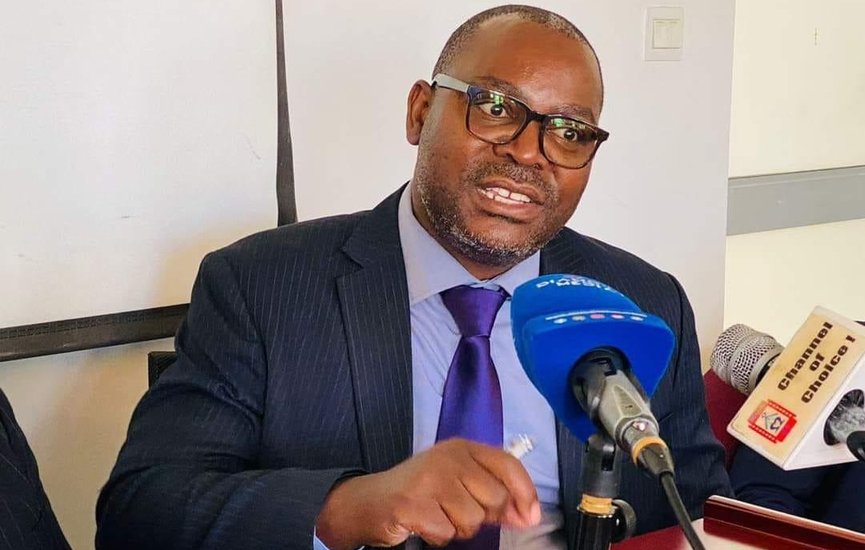Lunte MP Mutotwe Kafwaya has sounded a warning over the state of Zambia’s economy, declaring that it has “collapsed” under the weight of mounting challenges. His remarks have sparked heated political debate and placed renewed attention on the country’s fragile financial outlook.
Kafwaya argued that poor economic management and reckless borrowing have left the nation in crisis. He pointed to failed debt negotiations, rising taxation, and an overdependence on high-interest foreign loans as evidence of collapse. He warned that ordinary Zambians are paying the price through rising costs of living and fewer opportunities to earn a decent income.
Across the country, the economic pain is visible. The drought has devastated agriculture and cut hydroelectric power generation, leaving homes and industries in darkness. Mining, a critical source of revenue, is struggling with reduced output and high operating costs. Farmers are recording losses, traders are battling unstable markets, and families are tightening their belts as food and fuel prices climb. Inflation has weakened the value of the kwacha, further eroding household incomes.
The political atmosphere has grown tense as opposition voices amplify Kafwaya’s message, accusing the government of failing to protect citizens from economic collapse. Supporters of the administration, however, insist that the downturn is temporary and that reforms and new investments in mining, energy, and infrastructure will gradually restore stability. They argue that Zambia is on the path to recovery, but that global pressures and climate shocks have slowed progress.
Public frustration continues to rise. Many citizens complain of unemployment, limited access to affordable healthcare, and the daily struggle to meet basic needs. Street conversations, radio talk shows, and social media platforms reflect a growing mood of impatience and skepticism. People are demanding tangible solutions rather than political promises.
Despite the grim outlook, analysts believe there are signs of resilience in Zambia’s economy. Expanding renewable energy projects, a push to diversify agriculture, and efforts to strengthen governance could provide a foundation for future recovery. But with elections approaching in 2026, the political stakes are high, and Kafwaya’s remarks have sharpened the focus on how the government will respond.
For now, the words “the economy has collapsed” will hang heavily over public debate, echoing the fears of many Zambians who feel the impact of the crisis in their everyday lives. The coming months will be decisive in determining whether the country sinks deeper into hardship or begins to carve out a path toward revival.
